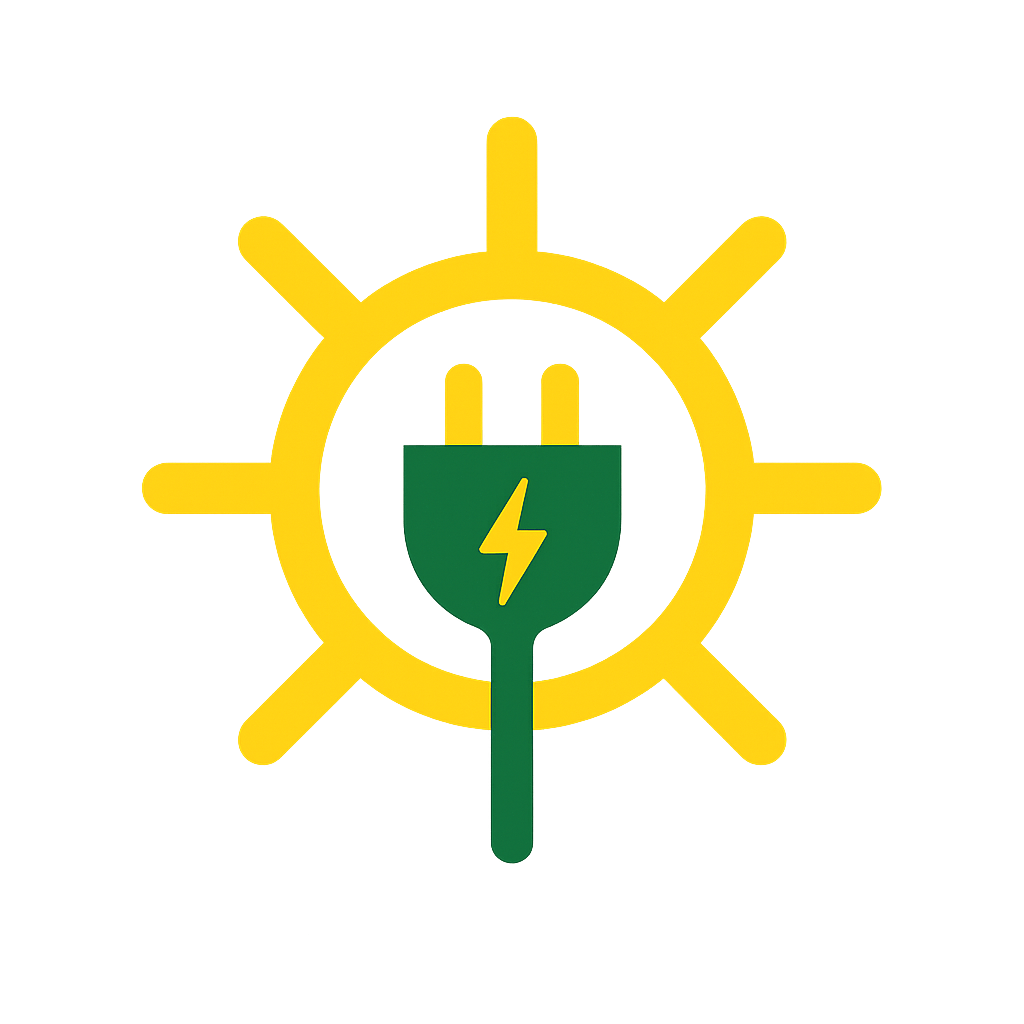10 Powerful Reasons Why Solar Energy Is the Future of Nigeria (2025 Guide)
Blackouts, Fuel Hikes, and the Solar Escape
Imagine living in Lagos, Port Harcourt, or Warri, and NEPA strikes again — no light for hours, sometimes days. The sound of noisy generators fills the street, and the rising cost of fuel burns a deeper hole in your pocket each month. Your kids can’t do homework, you can’t sleep peacefully at night, and your business suffers. This is the daily reality for millions of Nigerians.
But amidst this power crisis, one solution shines brighter than the rest: solar energy. Clean, quiet, cost-effective, and always available wherever the sun shines — solar energy is not just an alternative; it's Nigeria's powerful future.
In this post, we’ll break down 10 compelling reasons why every smart Nigerian is switching to solar and why you should join the movement today.
What You'll Learn:
How solar can break your dependency on NEPA and fuel.
Real-life economic and environmental benefits.
How Nigerians in rural and urban areas are embracing solar.
Why solar is now more affordable and accessible than ever.
Nigeria’s Power Problem Is Getting Worse
Nigeria currently generates less than 5,000 megawatts of electricity for over 200 million people. That’s less than some single cities in South Africa or the USA.
The result? Frequent blackouts, damaged appliances, and poor quality of life. Homes suffer, and businesses lose billions annually due to power outages. The demand for reliable energy is sky-high, and the national grid just can’t keep up.
That’s why thousands of homes in Nigeria are now moving to solar as the only stable alternative.
Fuel Prices Are Unsustainable
Since the removal of fuel subsidy, the cost of petrol and diesel has more than doubled. In some states, petrol goes for over ₦1,000 per litre.
Running a generator for just 5 hours daily now costs tens of thousands of naira per month. And this doesn’t include the cost of generator repairs or buying a new one every few years.
With solar, you only pay once for your system, and the sun becomes your permanent energy source — no top-ups, no noise, no smoke.
Solar Saves Money Long-Term
Solar may seem expensive at first, but in the long run, it is far cheaper than any other power source. Consider this:
A basic solar setup (like SolarPawa 150W station + 30W panel) costs around ₦150,000.
It powers your lights, fan, phone, TV, and more daily, for 5–8 years.
No extra monthly costs, no fuel, and minimal maintenance.
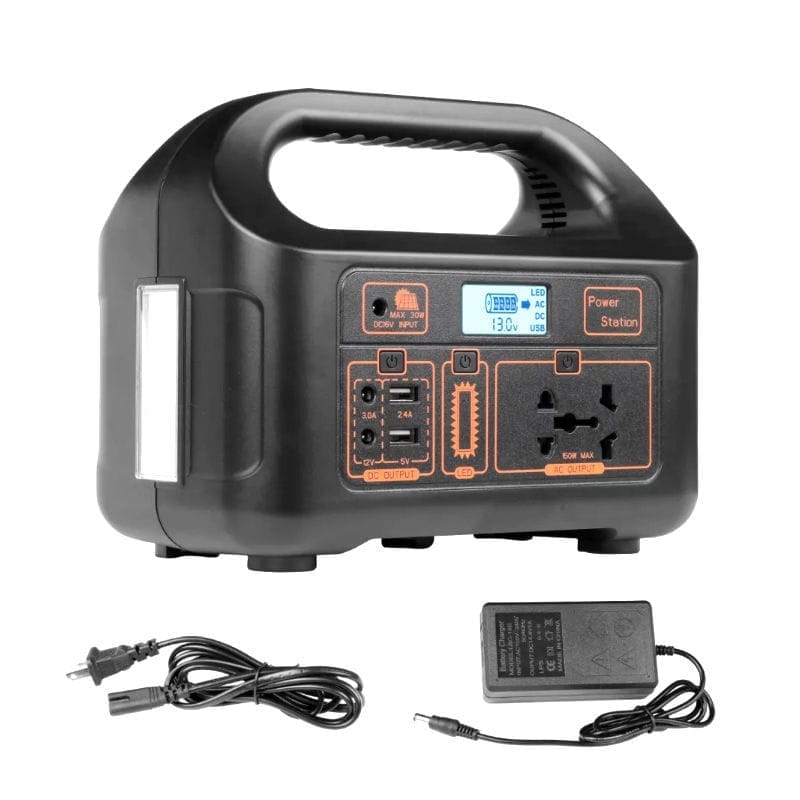
Compare that with the weekly ₦20,000+ you spend on fuel, oil, and gen repair, and the savings are clear. Over time, solar pays for itself.
It’s Clean and Environmentally Friendly
Solar energy produces zero emissions. Unlike generators that pump harmful carbon monoxide into your home and neighborhood, solar is:
Smoke-free
Silent
Safe for indoor and outdoor use
This makes it perfect for homes with children, elderly parents, or people with health issues. Switching to solar means you're not just protecting your pocket, but also your lungs and the planet.
Solar Works Even in Remote Villages
Solar energy doesn’t rely on the national grid, so it works anywhere the sun shines.
From rural Taraba to remote Delta villages, families are powering their homes with small solar kits. Farmers are using solar to irrigate crops, store perishables, and run small processing machines.
For communities where NEPA will never reach, solar is the gateway to modern life.
Job Creation in the Solar Sector
As solar adoption grows, so do the jobs:
Solar installers
Solar panel technicians
Battery and inverter suppliers
Educators and trainers
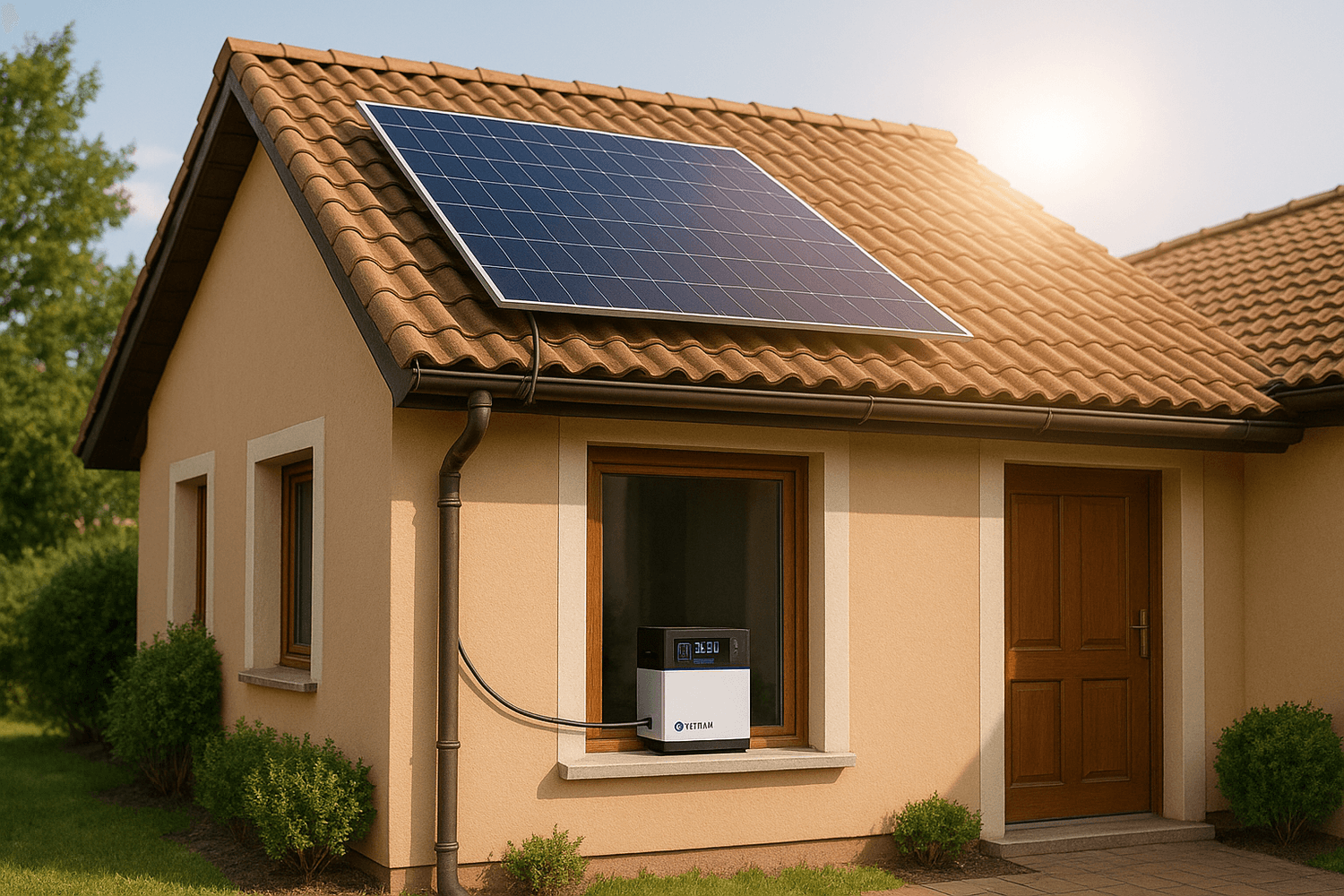
According to Nigeria's Renewable Energy Association, the solar sector could create over 76,000 direct jobs by 2030. Young Nigerians are already seizing this opportunity to become solarpreneurs.
Government Support Is Growing
Although still slow, support for solar is rising through:
The REA (Rural Electrification Agency) which supports mini-grid and off-grid solar projects.
BOI (Bank of Industry) solar loans.
Import duty waivers for solar components.
Also, many NGOs and donor agencies now support solar projects in underserved communities. If the government continues this trend, solar adoption will explode.
Power Security for Homes and Businesses
Whether you're a barber, boutique owner, school, or pharmacy, solar gives you reliable power every day.
No more closing shop because NEPA disappoints. With solar:
Students study at night
Barbers cut hair with DC clippers
Cold drinks stay cold in DC freezers
POS agents stay online
For the average Nigerian business owner, solar = consistency = profit.
Rising Adoption by Smart Nigerians
The movement is already happening:
Tech bros in Lagos are powering their apartments with compact solar stations.
Market women in Abuja now use solar lanterns and chargeable fans.
Estate developers in Lekki and Abuja offer solar-powered homes as standard.
Everyone is waking up to the benefits of solar. And with brands like SolarPawa making it affordable, it’s no longer a rich man’s game.
The Tech Is Getting Cheaper & Better
In 2025, solar is far more efficient than it was just 5 years ago:
Lithium-ion batteries last longer and charge faster
Panels are lighter and more durable
Prices of inverters, controllers, and kits are dropping
You can now get an all-in-one solar station, complete with ports for DC appliances, USB charging, and AC output — without breaking the bank.
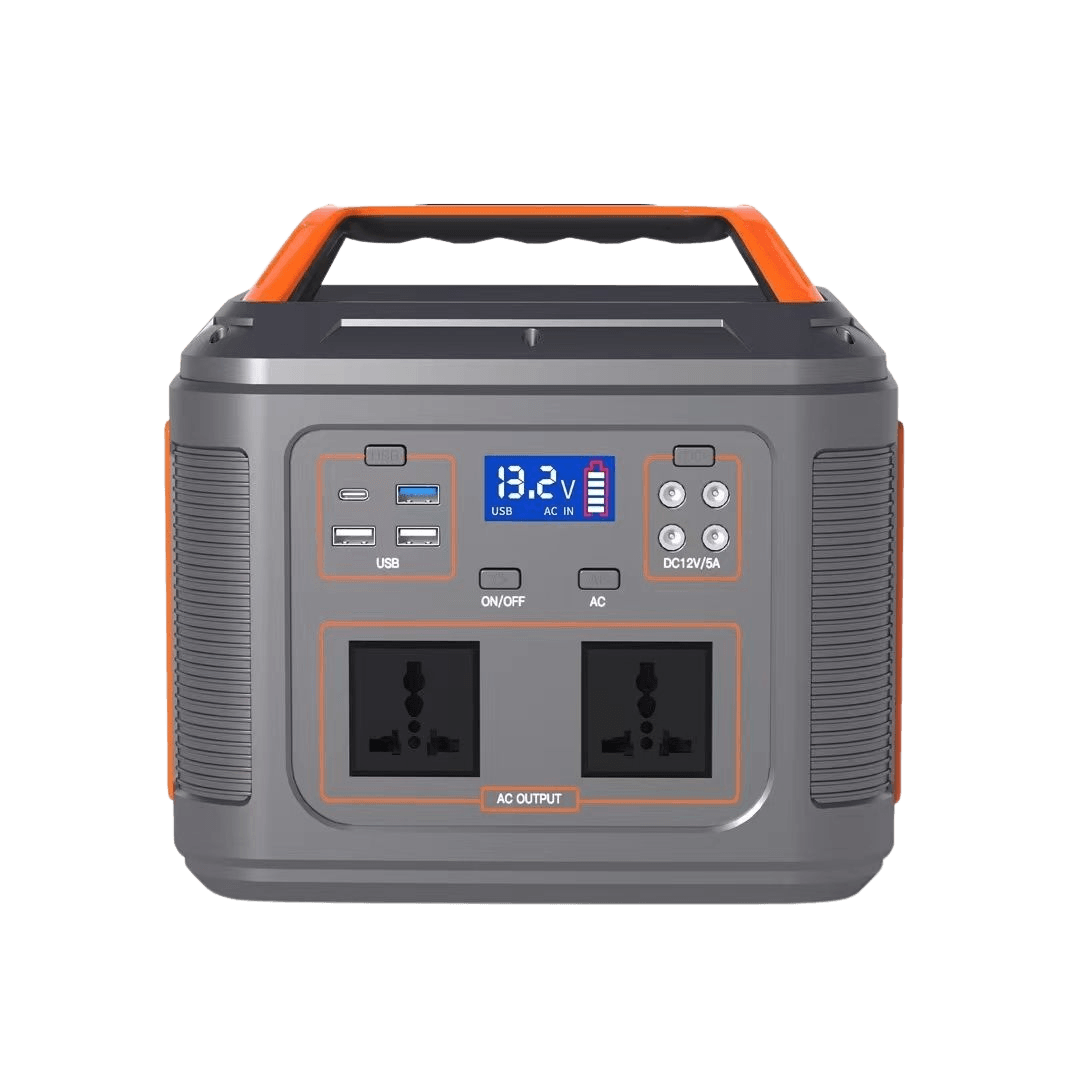
For instance, SolarPawa 550W station can power:
Standing fan
LED lights
Laptops & phones
DSTV + TV
Perfect for homes, offices, or student apartments.
Recommended Product
Looking to get started with solar?
Try the SolarPawa 550W Power Station + 150W Panel Combo
Affordable for first-time users
Powers your lights, fan, phones, TV, and router
Works for up to 20 hours on full charge
Clean, quiet, and mobile
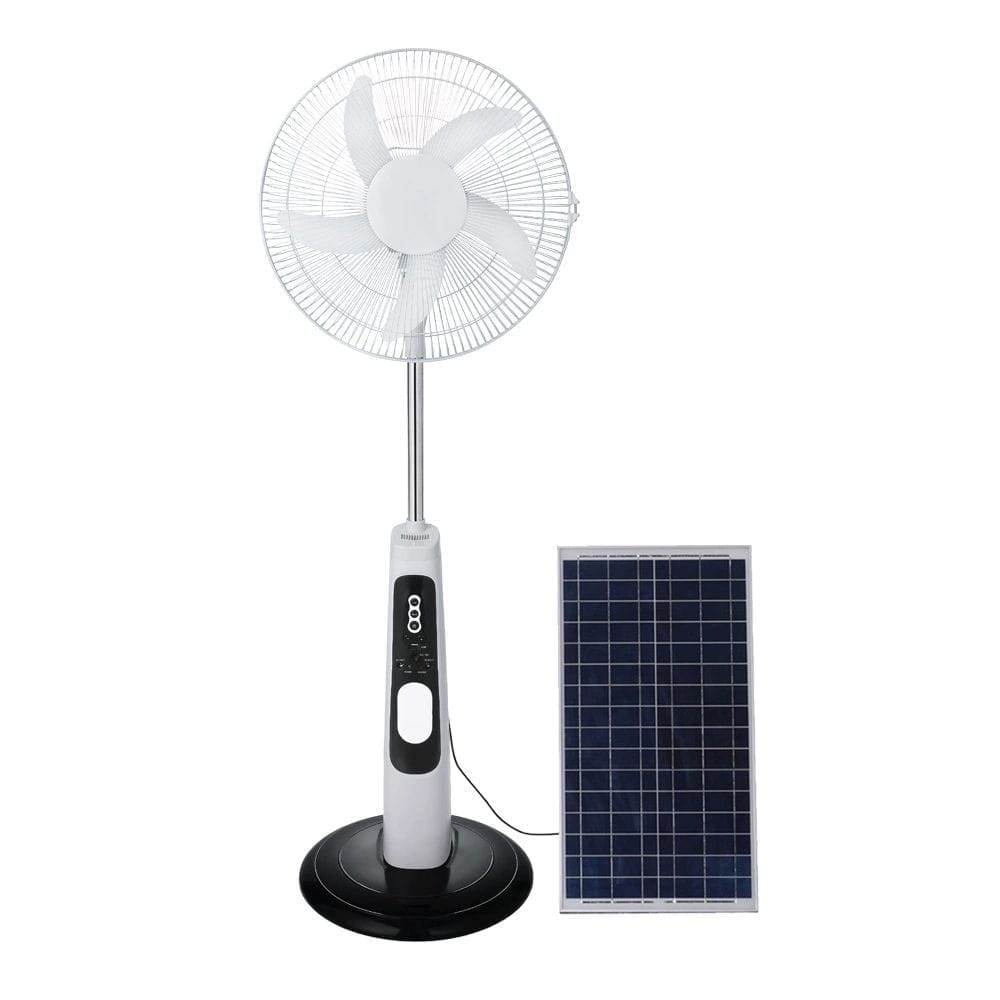
Frequently Asked Questions
Q: Is solar power really reliable in Nigeria?
Yes! Nigeria gets over 8 hours of sunlight daily in most states. With the right setup, you can enjoy consistent power all year.
Q: Can solar work during rainy season?
Yes. While efficiency drops slightly during cloudy days, modern solar systems with smart batteries store enough power to last through low-light periods.
Q: How much does it cost to go solar in Nigeria?
You can start small with ₦150,000–₦200,000 or go bigger depending on your needs. It’s scalable.
Can solar power my fridge or freezer?
Yes, with a 1000W+ system or a DC freezer. Always check your appliance wattage before buying.
Do I still need NEPA if I go solar?
No. A good solar setup can make you 100% independent from the grid.
Solar Is the Future — Are You Ready?
Nigeria’s energy future is solar. The days of being held hostage by NEPA and fuel scarcity are ending. With solar, you get freedom, peace, and power on your terms.
You don’t have to wait for the government. The technology is here. The sun is free. And SolarPawa is ready to help you make the switch.
Ready to go solar?
Click below to chat with a SolarPawa advisor or explore our affordable solar kits:
👉 Chat on WhatsApp
👉 Visit SolarPawa Store
Light up your life — the solar way.
About the author
Emayoma Abbey
Email: info@solarpawa.com
Emayoma Abbey is the founder of SolarPawa.com, a platform dedicated to empowering individuals and communities to embrace clean, reliable, and affordable solar energy. With a strong passion for solving real-world power challenges, Emayoma focuses on providing practical, easy-to-understand information that helps people take control of their energy needs.
ABOUT
SolarPawa is Nigeria's trusted online store for affordable and reliable solar energy solutions.
Created with © Emayoma Abbey
